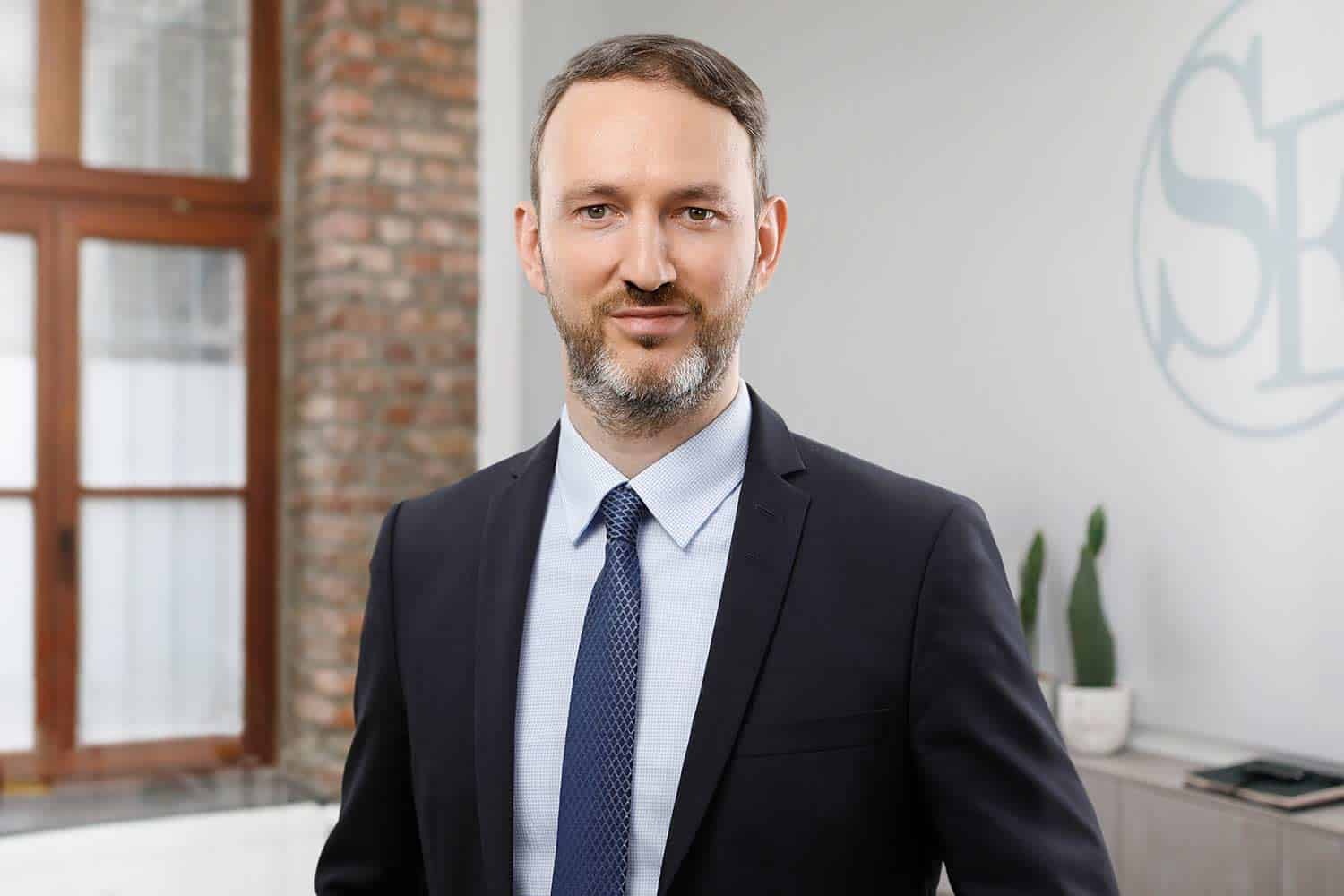Our German litigation lawyers are ready to provide your with full-service legal support, in all legal questions in Germany. Whether you need legal defence or wish to enforce your rights, our team of experienced attorneys will be in your corner. Once our lawyers are engaged they will oversee strategies, correspondence and documentation, and provide legal service tailored to your needs.
Premium Litigation Support from Schlun & Elseven
When facing a dispute in Germany, our full-service law firm will advise you on options, such as arbitration, out-of-court settlements and negotiation; however, it is not always possible to resolve disputes outside the courtroom. At Schlun & Elseven Rechtsanwälte, our German litigation lawyers are ready to assert your rights and provide you with comprehensive legal protection. Due to our multidisciplinary focus, our lawyers can support your case in all areas of German corporate and commercial law. If necessary, our lawyers can work with their colleagues in other legal areas to create dynamic synergies tailored to your needs.
For the best results, it is advisable to contact our lawyers as early as possible within the case to allow them to work with you in formulating carefully crafted strategies. Our lawyers will also take a proactive role in ensuring effective enforcement of your claim. With offices and conference room facilities across Germany, Schlun & Elseven Rechtsanwälte is your reliable full-service law firm.
Litigation Fraud Defence
Litigation fraud is a subset of “fraud” under German law according to § 263 StGB and, therefore, punishable by law. According to its wording, anyone intending to procure an unlawful pecuniary advantage for themselves or a third party damages the property of another by causing or perpetuating an error by presenting false facts or by distorting or suppressing facts is to be punished. Thus, trial fraud is understood to be the deception of facts by a party in a court case with the aim of winning the case and thus causing financial damage to the opposing party. Two basic constellations can be distinguished:
- First of all, there can be a triangular case of fraud, in which deception is made to the judge, and the losing party in the proceedings subsequently suffers the financial loss.
- The other variant of litigation fraud proceeds so that the litigant has already been deceived and is then forced to make a self-damaging asset disposition. This can be, for example, a procedural waiver of action or a pre-litigation waiver of the assertion of own claims.
Possibilities for litigation fraud can also arise in a dunning (default) procedure, insolvency proceedings, and before a judicial officer or bailiff. Therefore, the forms of fraud and the possibilities of action are pretty varied. This also means that parties must pay attention to the exact statement made to the public officials in all these proceedings. According to § 138 ZPO (Code of Civil Procedure), the parties have a duty of truth in the proceedings.
Providing Legal Opinions
At Schlun & Elseven Rechtsanwälte, our lawyers regularly provide expert legal opinions in diverse legal areas. The legal opinion allows parties to gain a qualified legal outlook on a specific issue related to a transaction. It is a written document presented by a qualified lawyer, and it should be considered when entering into complex arrangements. It may concern the validity of records, contractual obligations, and whether German law will impact a particular project.
Our corporate clients rely on Schlun & Elseven to provide them with expert legal opinions across legal fields in matters of commercial interest. Complex cross-border issues and projects, in particular, should be analysed and assessed by professionals before advancing the transaction. Failure to have a legal overview from experienced experts can lead to costly legal disputes down the line that may damage the enterprise.
Private individuals also benefit from well-considered legal opinions by expert lawyers. Our legal opinions are provided in an efficient manner that sets out the facts, identifies the relevant laws and regulations and applies those laws to the facts. Having our lawyers take the time to examine the legal principles involved in such complex transactions can be the difference between years of drawn-out legal disputes and a quick resolution to the issue.

Our Litigation Lawyers
Our Litigation Lawyers
Contact our German Litigation team
Please use the contact form to inform us of your litigation concerns in German law. After receiving your request, we will make a short preliminary assessment on the basis of the information provided and give you a cost estimation. You are then free to decide whether you want to instruct our German litigation lawyers.











